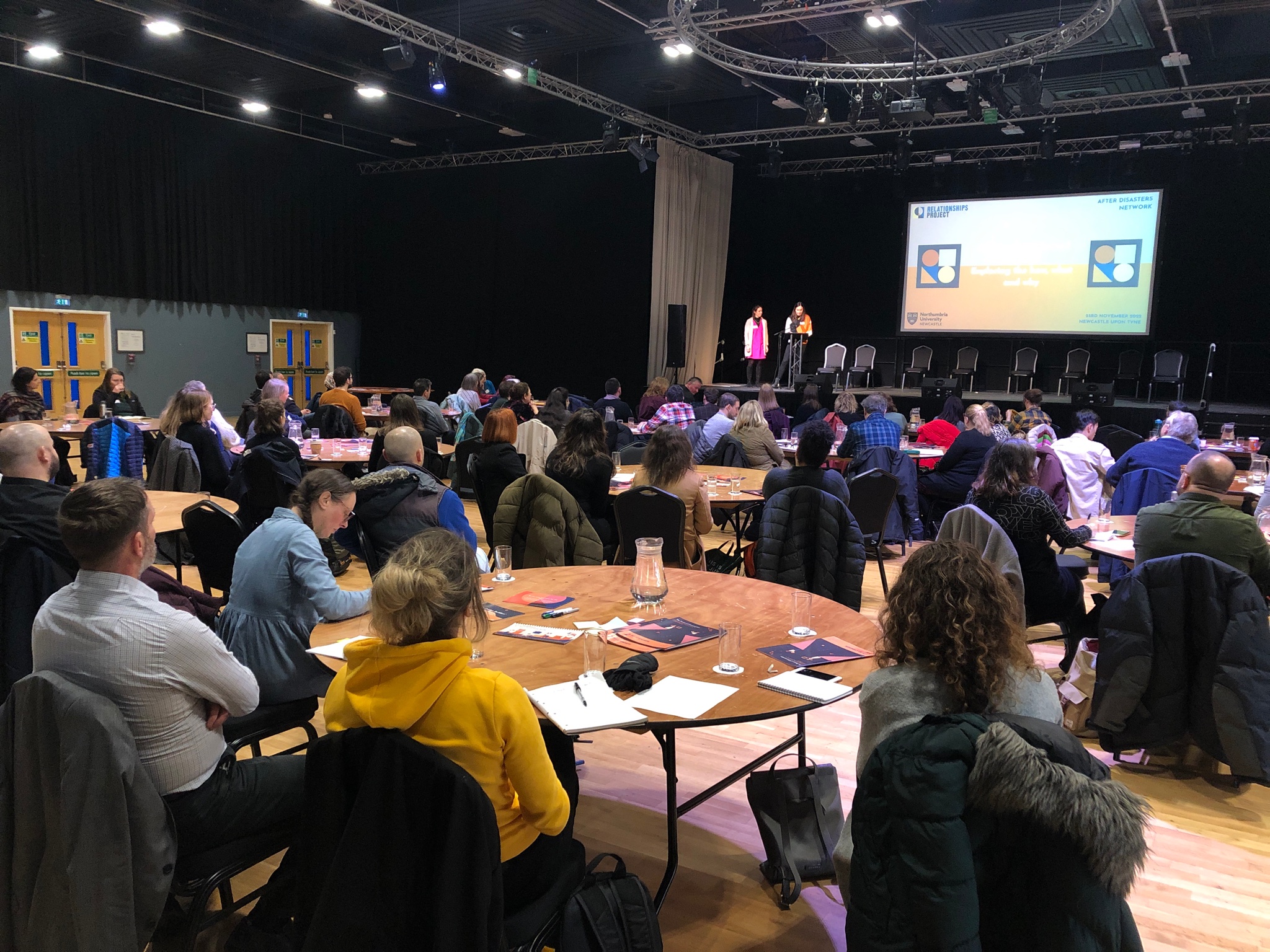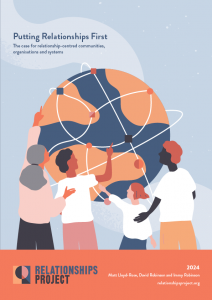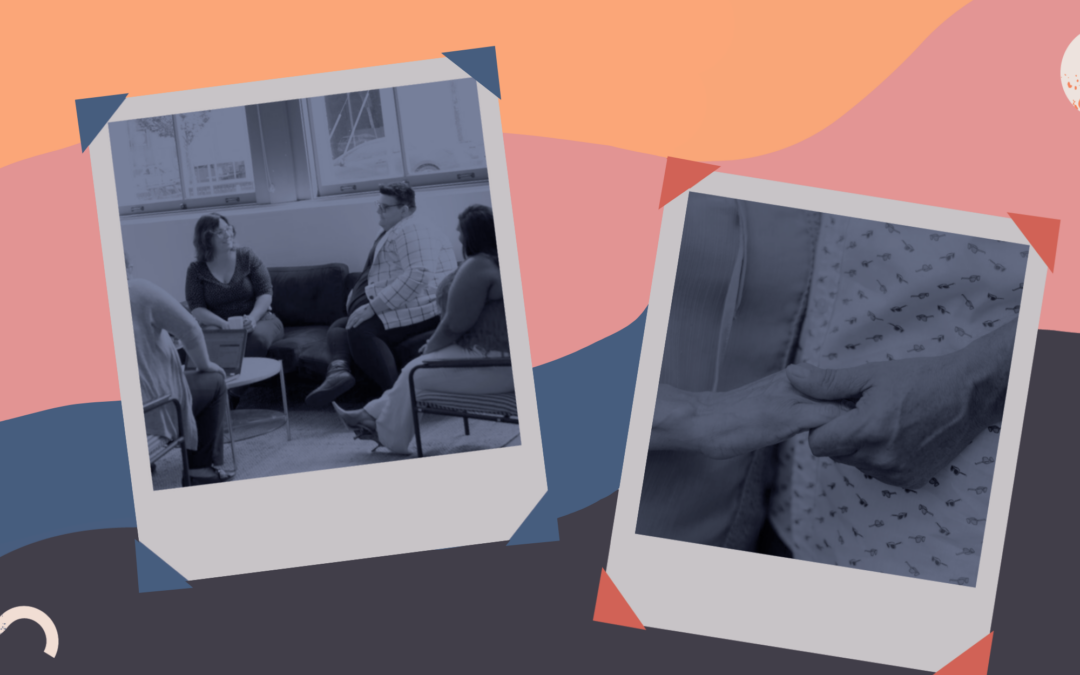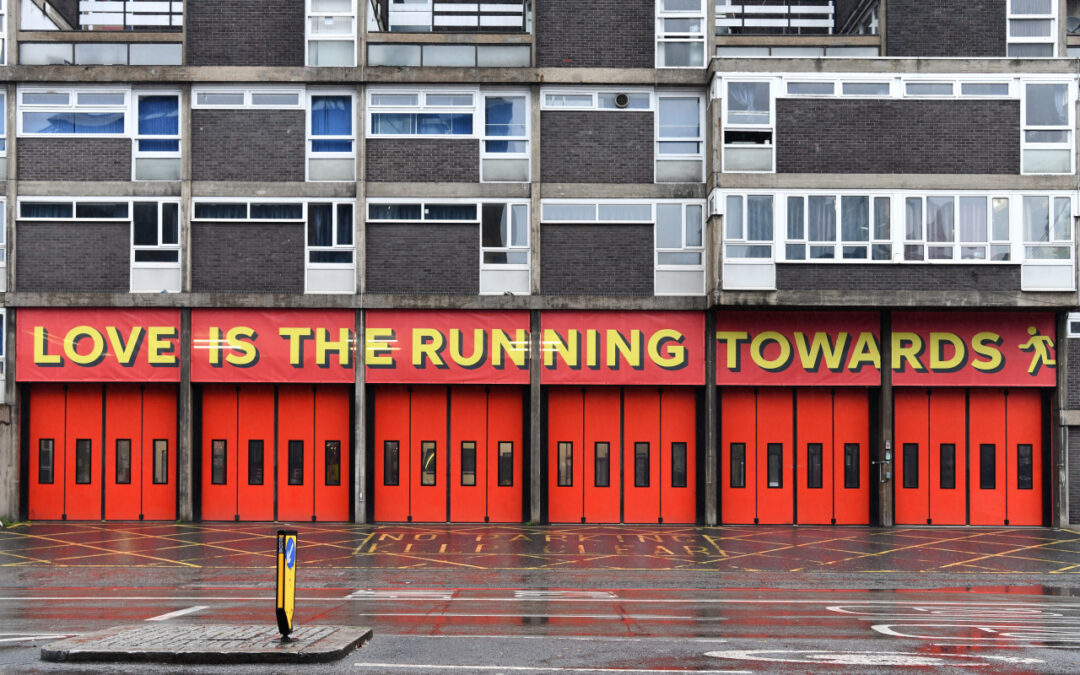In brief
In this blog, Neil Denton gives an update on the Relationships Learning Network which gathered for the first time in September 2023. Neil outlines some common areas of interest and interdisciplinary interest and invites you to join us in strengthening links between the research and practice of a relationships-first approach.

Image: Relationship-Centred Convening, Northumbria University, November 2022
During the Relationship-Centred Practice Convening at Northumbria University in November 2022, a number of people shared their desire to create stronger links between the research and the practice of a relationship first approach.
Similar to the “practice” world, there isn’t a single, all encompassing discipline for academics who seek to better understand the world through a relational lens. Despite some excellent and important research happening, it is dispersed across many disciplines, often leaving the learning fragmented and underused.
Inspired by the energy, we promised to start by connecting individuals, and individual projects, together to see if we could collectively improve our understanding of the challenges, and identify areas of common interest that could lead to closer collaborations.
We agreed to hold a space for those interested in exploring this more – as much as anything to test the water about the level of energy and interest. We had over 80 people join us on Zoom in September 2023, heard from some great speakers, enjoyed stimulating discussions and took a lot of notes.
We were a bit overwhelmed by the potential size, scope and complexity of this work, and have taken some time to try and identify some of the common areas of interest and interdisciplinary relevance.
We think some of these are starting to take shape. We would love to know what you think, and which, if any, you’d like to be involved with.
#1 Relational design and relational places
Creating the conditions for connection and designing relational infrastructure
There is a lot of talk about place based approaches at the moment. But do we fully understand what helps community and connections to grow? Can we build belonging? What is the interplay between the built environment, our histories, and our identities? What are the characteristics of relational design and how might it help us in our thinking and doing? Connecting together those from design, urban planning, regeneration, area based governance and related disciplines, we hope to hold a space to better understand these questions.
#2 Relational and narrative methodologies
Turning stories into evidence
Measurement is a word never far from peoples lips, but applying quantitative research methodologies and traditional evaluation methodologies to relationship-centred practice is often a poor match. Frequently, such methods are experienced as extractive and fail to answer the really important questions. What are the alternatives? Bringing together those with a specialism in narrative methodologies with those using art and creativity to tell human stories, we hope to identify ways that add both breadth and depth to the work of providing evaluation and evidence.
#3 Relational resilience
The strength of connection and collaboration
In the Sense of Connection we argued for a relationships-first recovery from Covid. Resilience is currently framed as the ability to withstand and recover from shock, but this is only half of the picture. In reality, connected and collaborative communities aren’t just resilient to shock, they are ready for anything. In a changing climate, where risk is increasingly difficult to assess, and hazards increasingly interconnected, how do we adapt our framing accordingly? If we shifted our gaze to encompass impact and strength, how would that change the current picture of risk and vulnerability? Bringing together those interested in disaster resilience, international development, and strength based approaches to community, we hope to create a space where these questions can be explored and better understood.
#4 Relational public services
It is tempting to see public service design and delivery as being an information issue – if we understand the problem, we can deliver the solution, efficiently and at scale. We are encouraged by those who are challenging this narrative, asking us to think of public service design and delivery as a relational not an informational issue. There are some exciting approaches emerging that offer more credible alternatives to models like New Public Management, and we wonder how best to support the evolution and embedding of these approaches. So often relational initiatives are created with a boom that then goes bust. How do we create relational approaches that are sustainable? How can we stir the soul of the sector? So often relational initiates are surprisingly unconnected to other work that shares a similar ethos. How do we connect these islands and best describe the archipelago?
Share your thoughts
We hope these themes resonate with you. We suspect that by attempting to bring focus, there will be important areas we have overlooked. We would love to know what you think!
In the next few weeks we hope to set some dates where we can better connect and understand these themes, and explore where the energy is for the next steps. If you are drawn to any of them in particular, would like to share your research and learning with others, and help shape the session – please let us know.

Relationships Case Maker
Few people argue that relationships don’t matter, but many feel they don’t have the time, capacity or permission to prioritise them. This Case Maker assembles the evidence base for putting relationships first, describing why relationships matter, what great relationship-centred practice looks like, and how it could make an impact in your context.
Read more

A birth and a knock to the head
When we’re unwell, how does the compassion that healthcare workers give (or fail to give) shape our experiences and health outcomes? In this blog, Rosa explores these questions, and shares two personal experiences that have shaped her thinking - (accidentally) giving...

Four signs: Love is the running to strangers
In this short, personal blog, David reflects on the power of kindness, and runningthrough fire.Early one morning "I’m leaving today." "Leaving?" I said, puzzled by the early morning call and pushing back sleep, "Where are you going?" "Leaving," she said slowly,...
